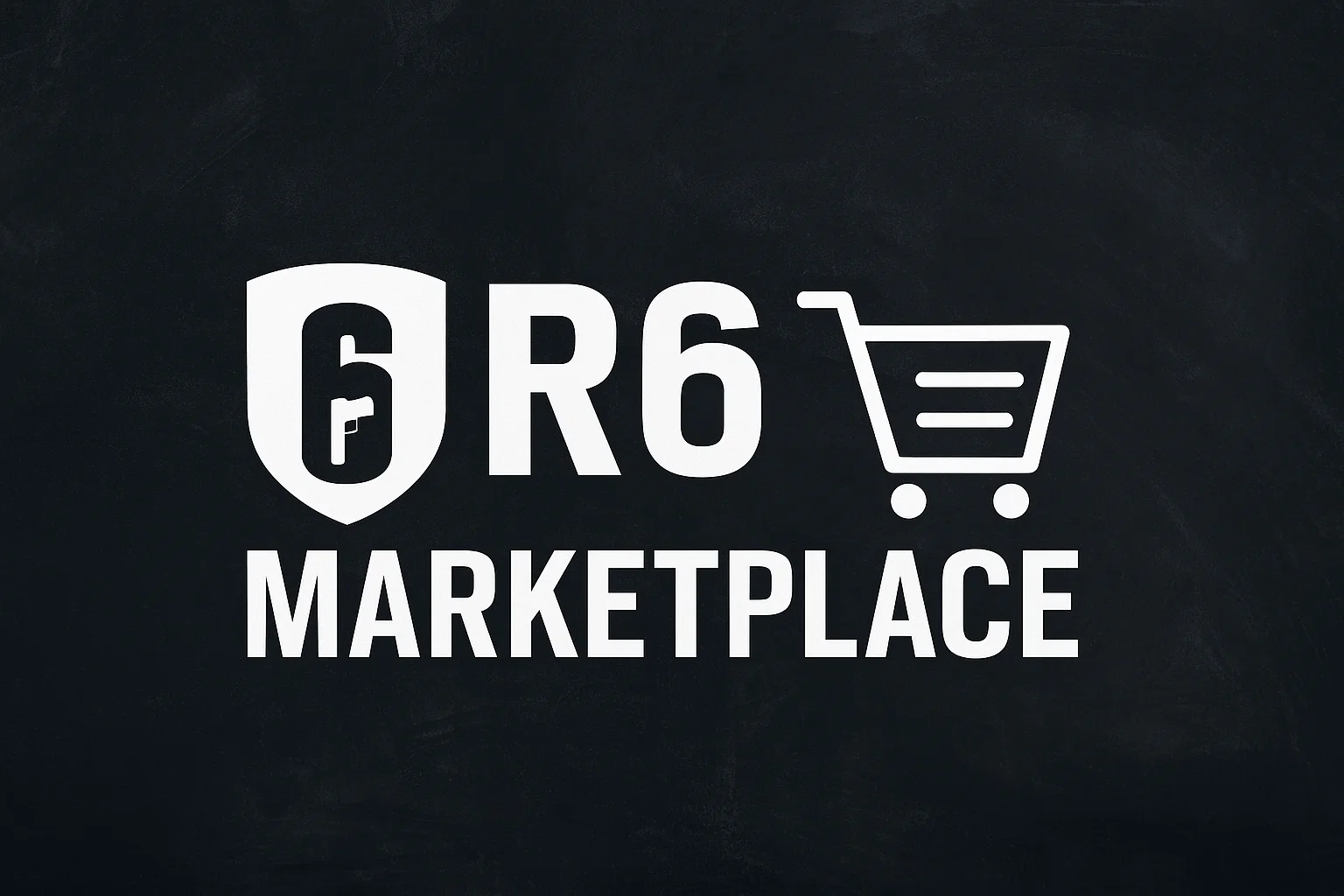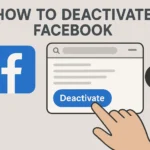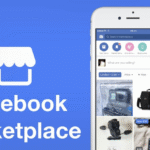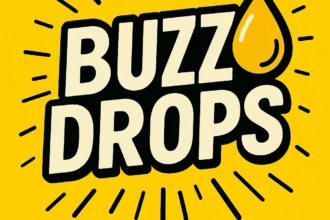introduction to r6 marketplace
Rainbow Six Siege, developed by Ubisoft, has emerged as one of the most strategically demanding shooters in the gaming world. Since its launch, the game has fostered a dedicated player base and an expansive digital economy. A crucial component of this economy is the R6 Marketplace—an unofficial but flourishing network of platforms where players engage in buying, selling, and trading accounts, cosmetics, and in-game services.
At its core, the R6 Marketplace encompasses a range of third-party websites, Discord servers, and forums where players conduct transactions related to Rainbow Six Siege. These include the sale of accounts with rare skins or high ranks, coaching and boosting services, and accounts loaded with R6 Credits or Renown. It is important to note that this marketplace operates independently of Ubisoft, meaning all transactions are conducted at the user’s own risk.

One of the most traded commodities in the R6 Marketplace is player accounts. These accounts are valued based on several attributes, such as competitive rank, matchmaking rating (MMR), the number of operators unlocked, and especially the rarity and volume of cosmetics owned. For example, accounts with legacy skins like Black Ice or event-exclusive charms can command high prices. Likewise, accounts at Champion rank or with full operator rosters are in high demand.
Cosmetic items are also a significant driver of marketplace activity. While Rainbow Six Siege does not support direct trading of skins between players, cosmetics are often sold bundled within an account. The prestige associated with certain skins has elevated their market value, and buyers often seek out accounts that include elusive or limited-edition visuals.
Beyond cosmetic appeal and ranked stature, the R6 Marketplace also includes service-based offerings. Boosting services involve skilled players either playing on or alongside a client’s account to raise their rank. Coaching services, on the other hand, provide personalized feedback and training to help players improve their in-game skills. Although these services can offer tangible benefits, they occupy a gray area within the game’s ethical landscape, as they may disrupt competitive balance.
Multiple platforms cater to the R6 trading community. Websites like PlayerAuctions, G2G, and Eldorado.gg serve as structured marketplaces where sellers list detailed account attributes and buyers are protected by escrow systems. These platforms provide buyer protection, reviews, and verification processes to help mitigate the risk of fraud.
For more personalized or community-based trading, Discord servers and Reddit forums such as r/Rainbow6Market offer another avenue. These platforms rely on reputation systems, trusted middlemen, and community moderation. While potentially less secure than commercial websites, they often feature lower prices due to the absence of platform fees.
The appeal of the R6 Marketplace lies in its customization and accessibility. Players who missed limited-time events or struggle to climb the ranked ladder can gain access to premium accounts or services that cater to their specific needs. At the same time, skilled players and collectors can monetize their in-game achievements by selling well-developed accounts or offering coaching services.
However, the R6 Marketplace is not without significant risks. The foremost concern is the potential for account bans. Ubisoft’s terms of service strictly prohibit account sharing, selling, and boosting. If detected, the company can issue permanent bans, leading to loss of access and investment. Moreover, scams are an ever-present danger, particularly on unregulated platforms. Without proper precautions, buyers may pay for accounts or services that are never delivered.
To navigate this marketplace safely, users should adhere to a set of best practices. Choosing platforms with buyer protection and verified sellers is essential. Escrow systems, where payment is only released upon successful delivery, add an additional layer of security. It’s also crucial to research sellers thoroughly, looking for reviews and transaction history. Avoiding deals that seem too good to be true is a common yet vital piece of advice.
For sellers, preparing an account for sale involves several steps. Personal information should be removed, two-factor authentication enabled, and the login email made transferable. Listings should be detailed and honest, including screenshots and descriptions of unlocked operators, ranks, and cosmetic items. Setting competitive prices based on similar listings increases the likelihood of a successful sale.
Ubisoft’s stance on account trading is unequivocal: it violates the user agreement and can result in permanent bans. While enforcement may not be consistent, the risk is real. Buyers and sellers must weigh their actions carefully, especially since recourse after a ban is virtually nonexistent.
The existence of the R6 Marketplace also raises questions about fairness and competitive integrity. Boosting services can distort matchmaking, leading to unbalanced games and frustration among legitimate players. Similarly, the availability of high-tier accounts for purchase undermines the achievement of reaching those ranks through skill and dedication. This has led to ongoing ethical debates within the community.
Culturally, the R6 Marketplace has shaped player behavior and expectations. Rare skins are not just visual enhancements but symbols of prestige. Accounts featuring such items are seen as more valuable, both socially and economically. This dynamic has amplified demand and contributed to the emergence of a virtual class system within the community.
The influence of esports and streaming has further fueled the marketplace. Players often seek to emulate their favorite pros or content creators by acquiring similar skins or playing at higher ranks. As a result, high-performance accounts and skins featured in tournaments or on streams see spikes in demand.
From a broader perspective, the R6 Marketplace mirrors trends in other game economies. Like those seen in CS:GO or Dota 2, the market has grown more sophisticated over time. Trends suggest an increase in automation, such as bots for skin detection or account creation. Some platforms are experimenting with insurance-like protection for buyers, and there’s speculation about the integration of blockchain technologies to legitimize and track digital asset ownership.
Still, the future of the R6 Marketplace remains uncertain. Ubisoft could decide to tighten enforcement, introduce official trading systems, or develop features that diminish the appeal of third-party transactions. Alternatively, the company could take inspiration from games like Fortnite, where skin trading is limited but players are incentivized to engage with the game ecosystem rather than external marketplaces.
In conclusion, the R6 Marketplace is a vibrant and multifaceted ecosystem that offers both opportunities and challenges. It caters to a wide range of players, from collectors and competitors to entrepreneurs and casual fans. Yet, participation comes with significant risks and ethical considerations. Whether buying, selling, or simply observing, understanding the dynamics of this unofficial economy is essential for anyone involved in the Rainbow Six Siege community.
As the game evolves and the community matures, the R6 Marketplace will likely adapt in parallel. For now, it remains a controversial yet integral part of the Rainbow Six Siege experience—a testament to the game’s enduring appeal and the ingenuity of its player base.
[…] Also read: {r6 marketplace} […]





